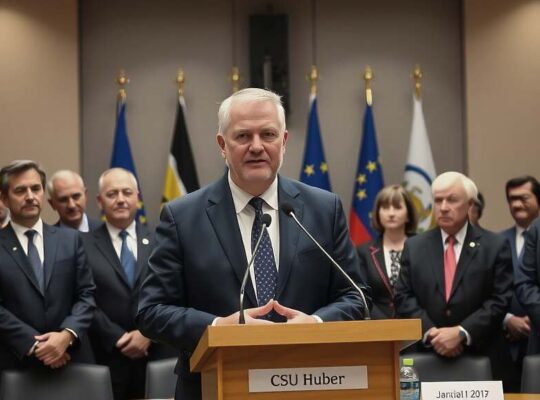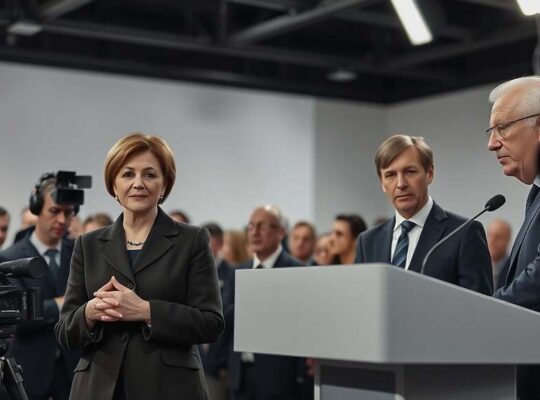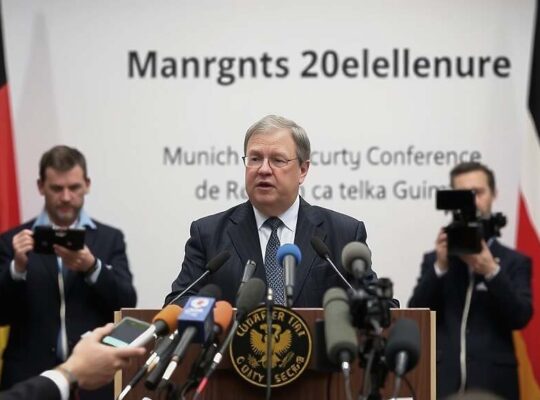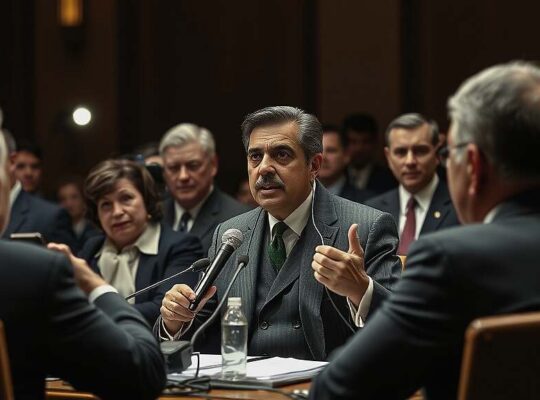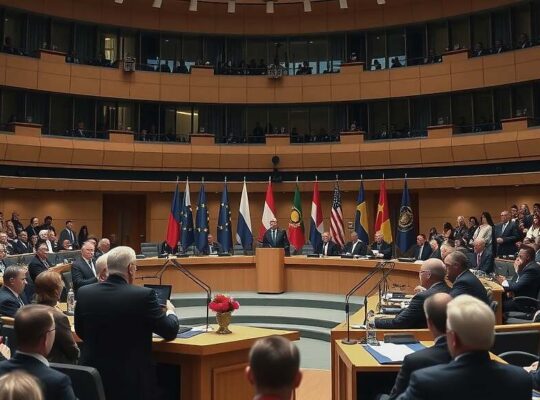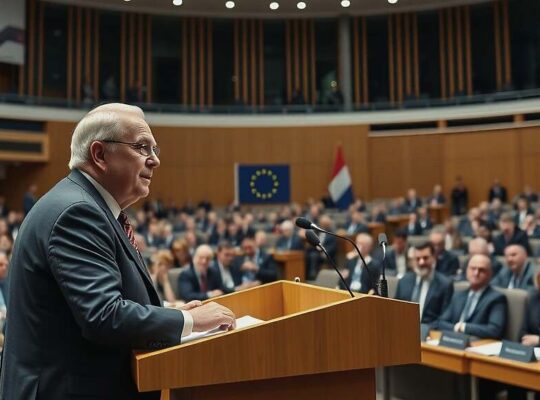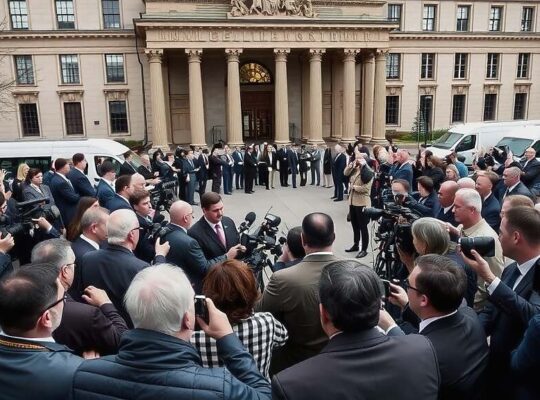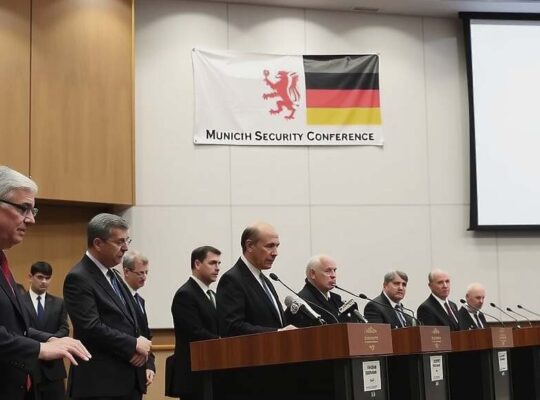Munich Backs Olympic Bid Amidst Concerns Over Cost and IOC Influence
Voters in Munich overwhelmingly approved a city-wide application for the Olympic Games in a referendum held on Sunday. Preliminary results, tallied from a significant majority of polling districts, indicate a decisive victory for proponents, with approximately two-thirds of voters supporting the bid. This outcome comfortably surpasses the required voter turnout threshold of 10% of eligible voters, demonstrating significant public engagement in the debate. Initial data suggests that support for the bid was prevalent across all of Munich’s districts.
The potential bid, targeting the summer games in either 2036, 2040, or 2044, has been championed by Munich’s Lord Mayor Dieter Reiter (SPD), the Bavarian state government and various sporting organizations. Advocates have consistently emphasized the perceived benefits, touting potential positive impacts on urban development, infrastructure improvements and a boost to tourism. The narrative centers on Munich leveraging the Games to accelerate long-term city enhancements.
However, the vote hasn’t been without its detractors. A vocal opposition has cautioned against the substantial financial burden associated with hosting the Olympics, citing the potentially devastating impact on public resources and the risk of cost overruns, a recurring problem in previous Games. Concerns persist regarding the International Olympic Committee’s (IOC) considerable influence on local governance and decision-making during the bid process and subsequent Games preparation. Beyond purely financial anxieties, critics are raising significant environmental concerns, questioning the sustainability of such a large-scale event and the potential damage to Munich’s natural landscapes.
The approval marks the beginning of a complex and protracted process. The city now faces the challenge of navigating stringent IOC requirements and securing financial backing while addressing the reservations of a segment of the population wary of repeating the failures of past Olympic endeavors. Future debates are expected to center on concrete cost estimations, environmental impact mitigation strategies and the degree of local autonomy maintained throughout the entire process. The outcome of this referendum, while seemingly clear-cut, signals the start of an intensified scrutiny of the Games’ viability and a critical evaluation of the potential trade-offs for Munich and its citizens.




